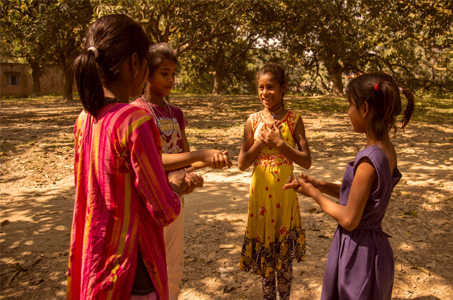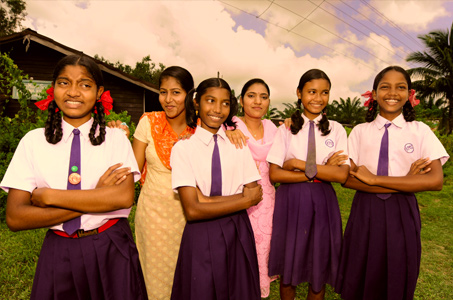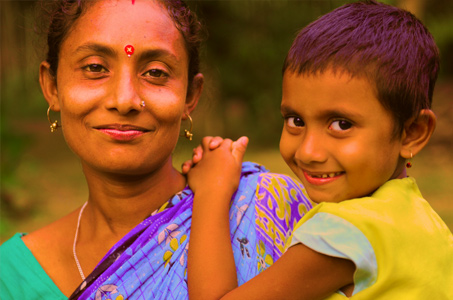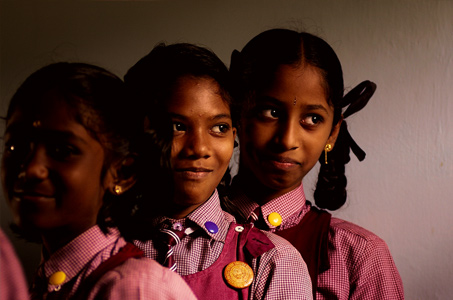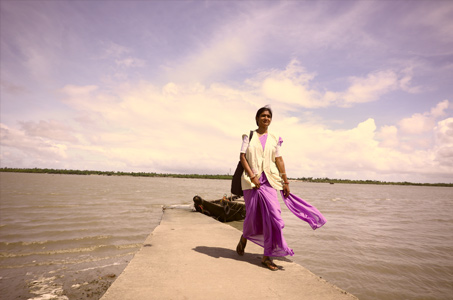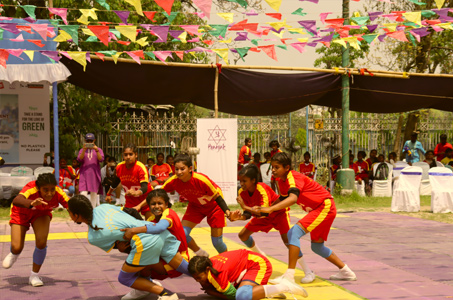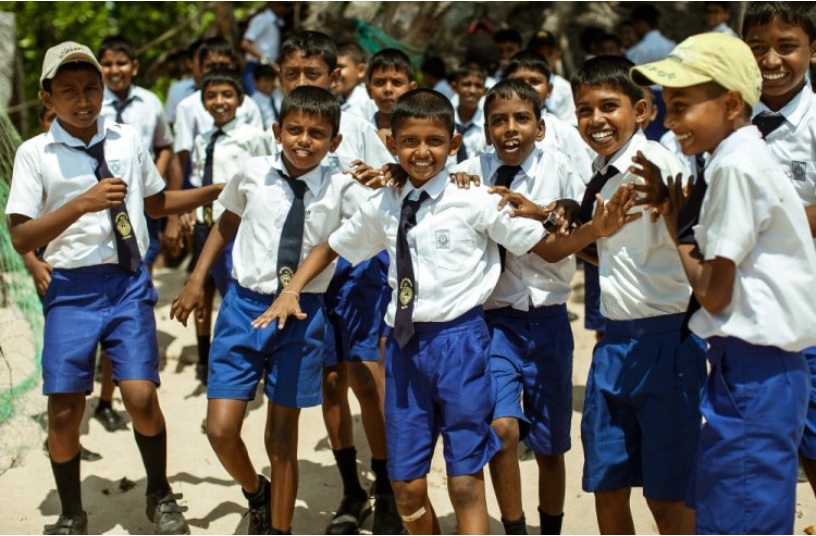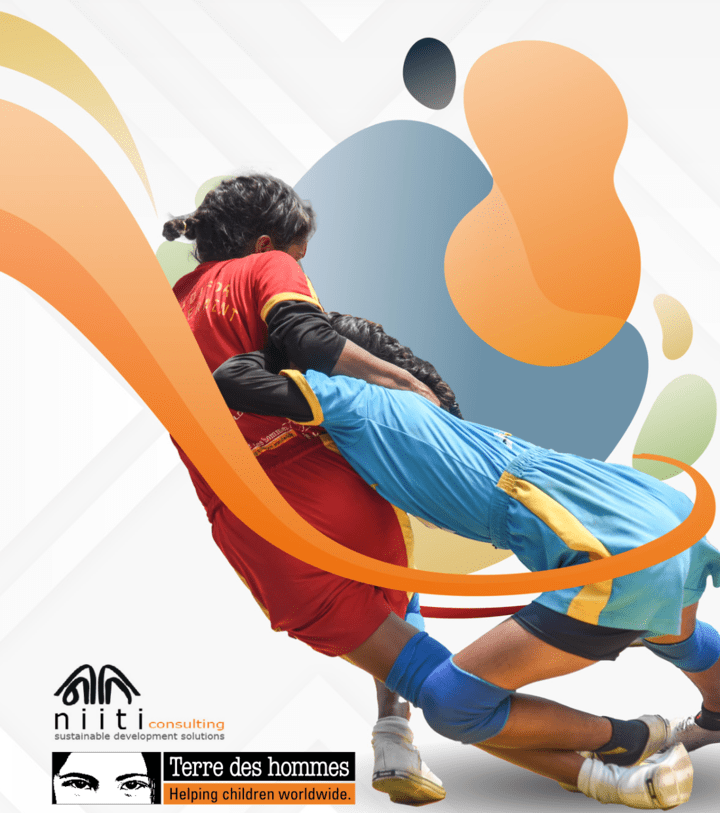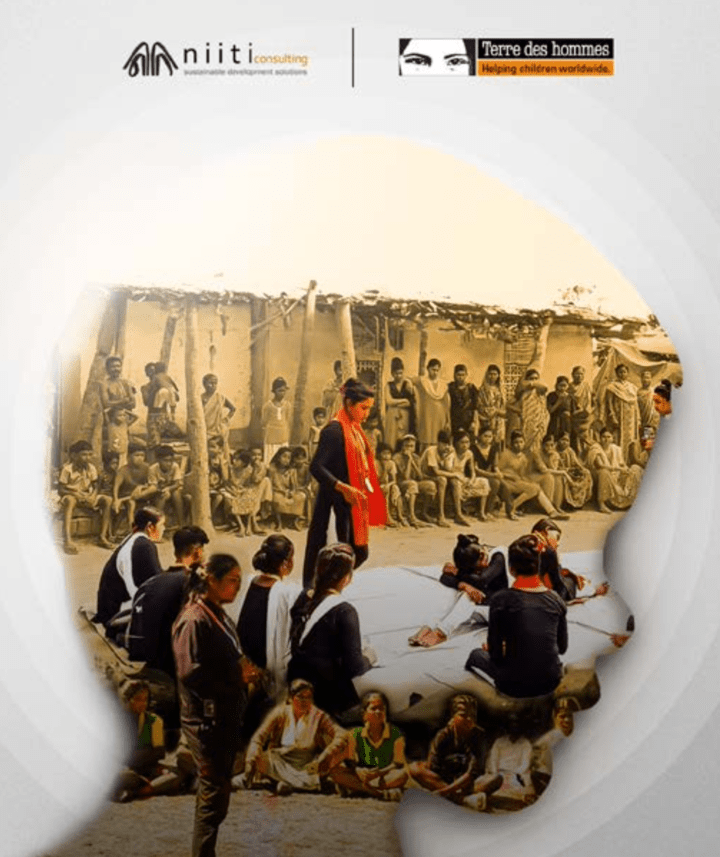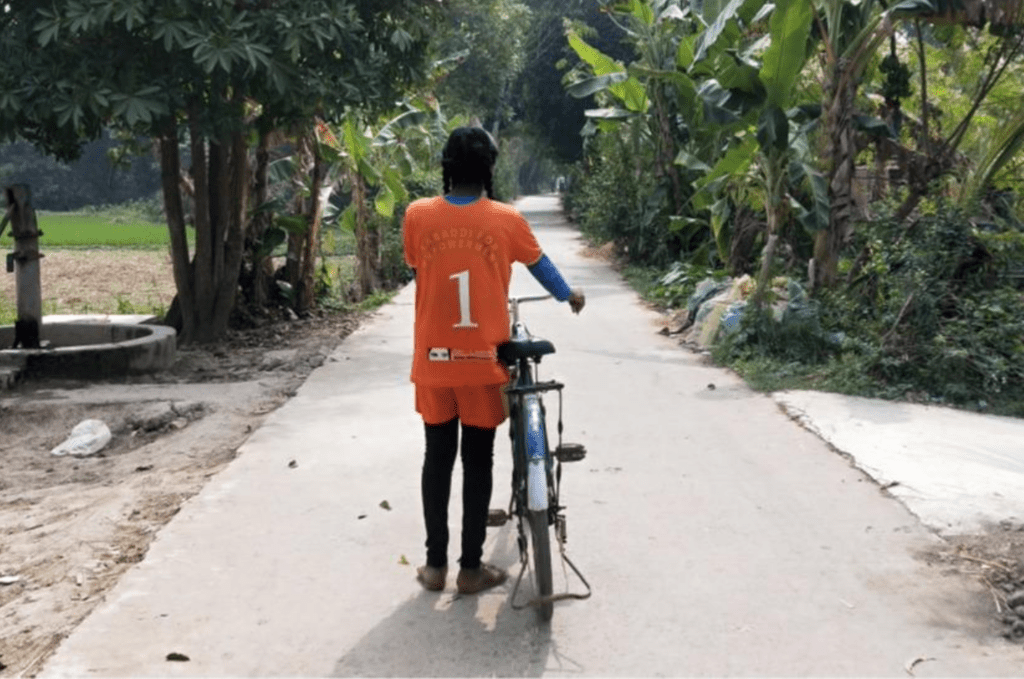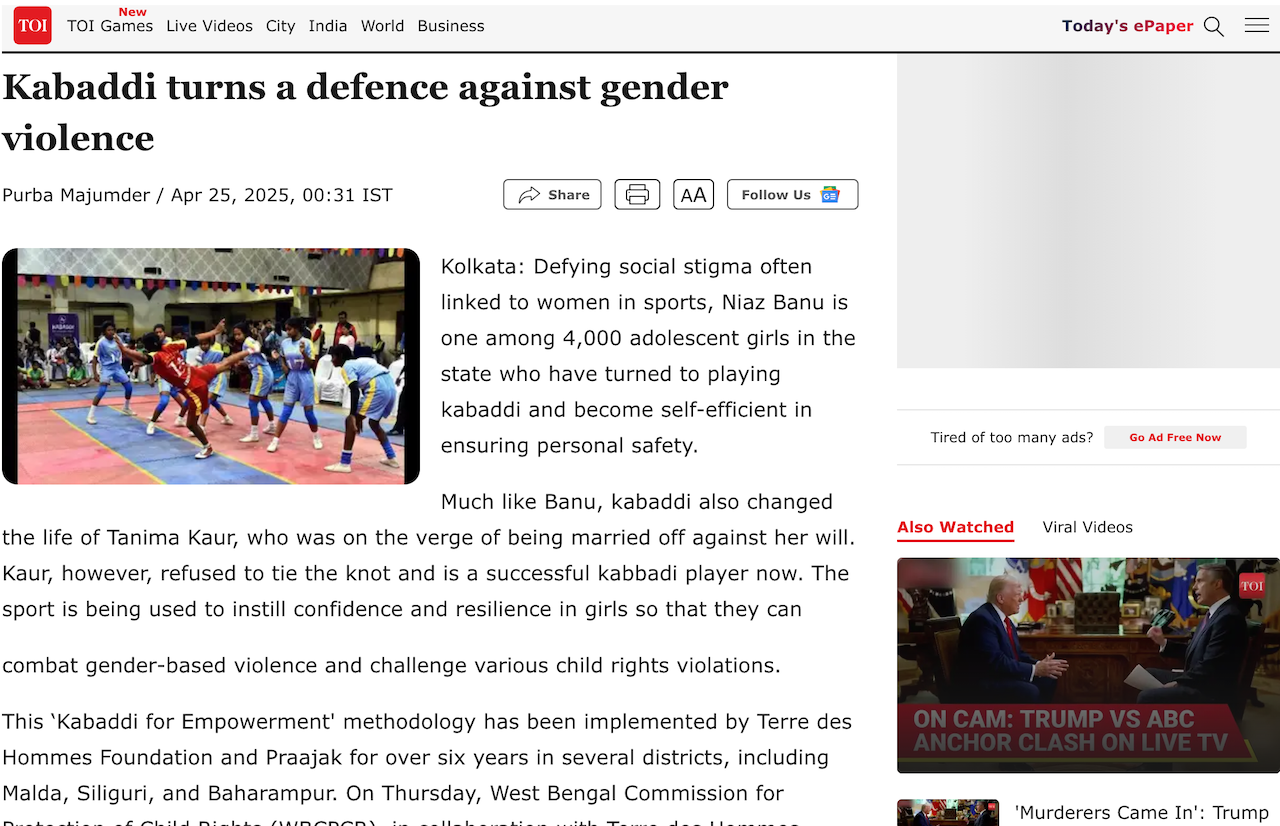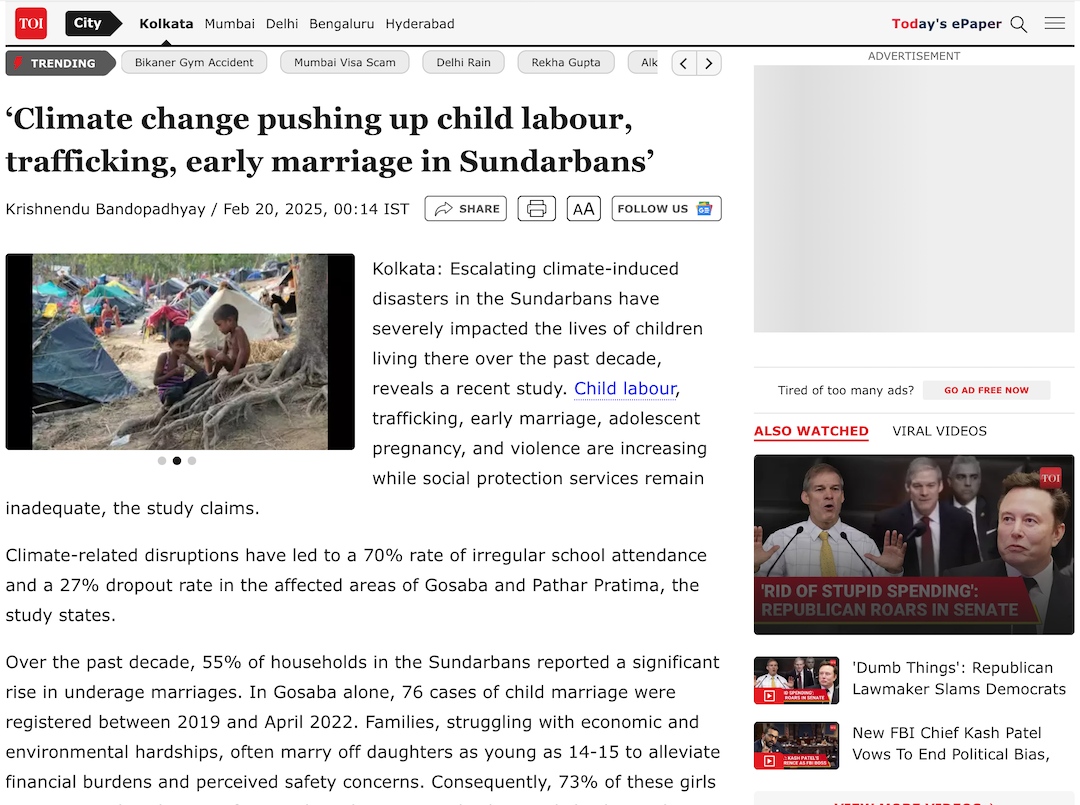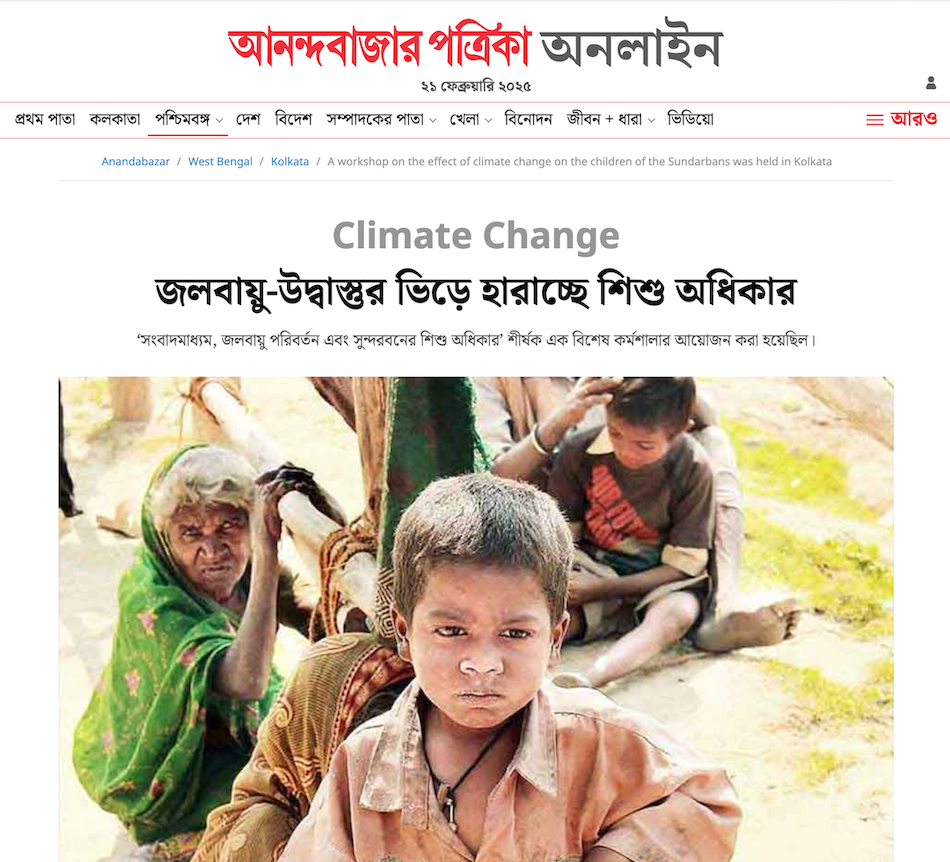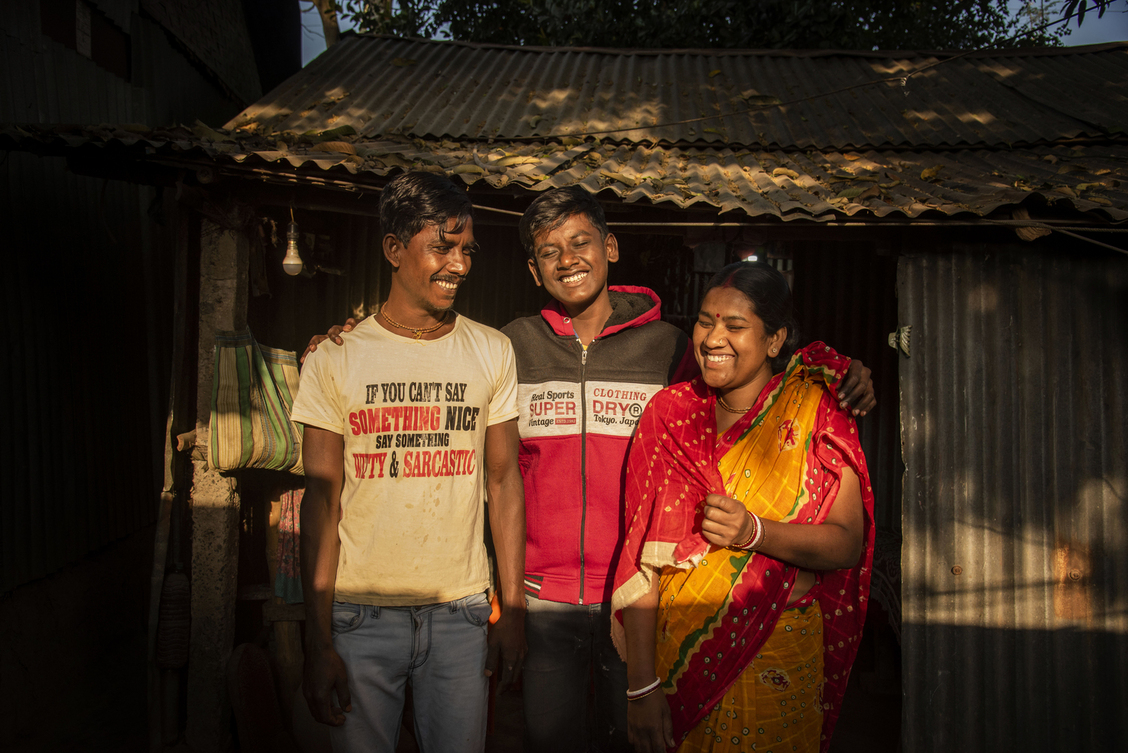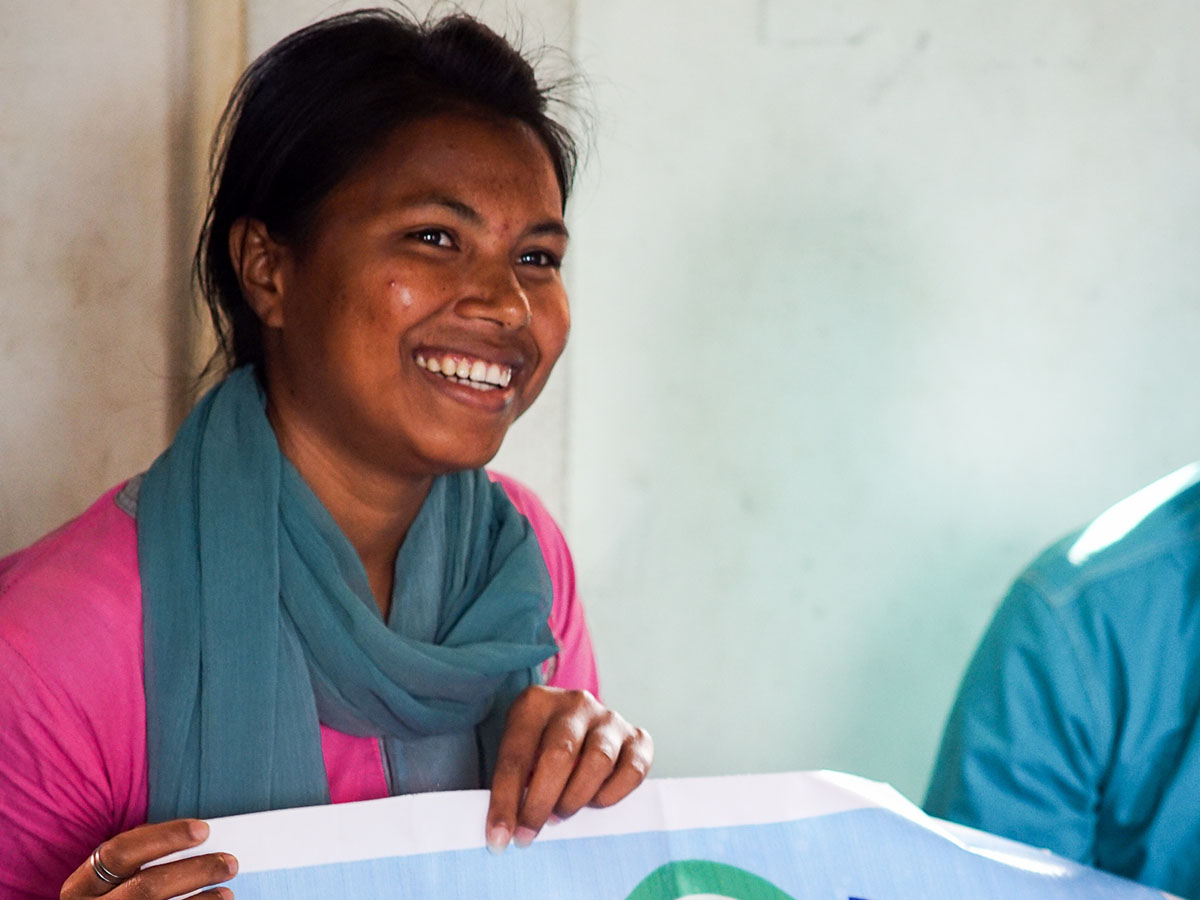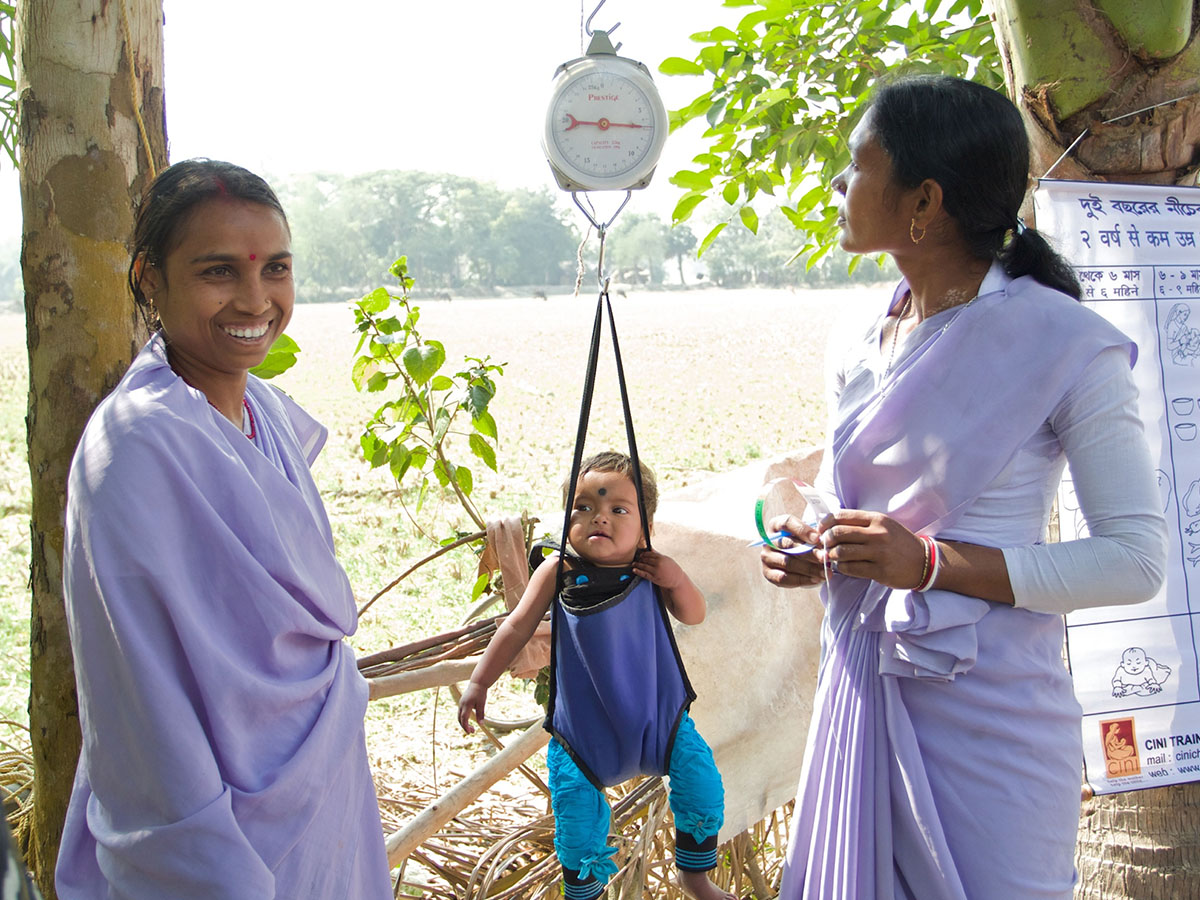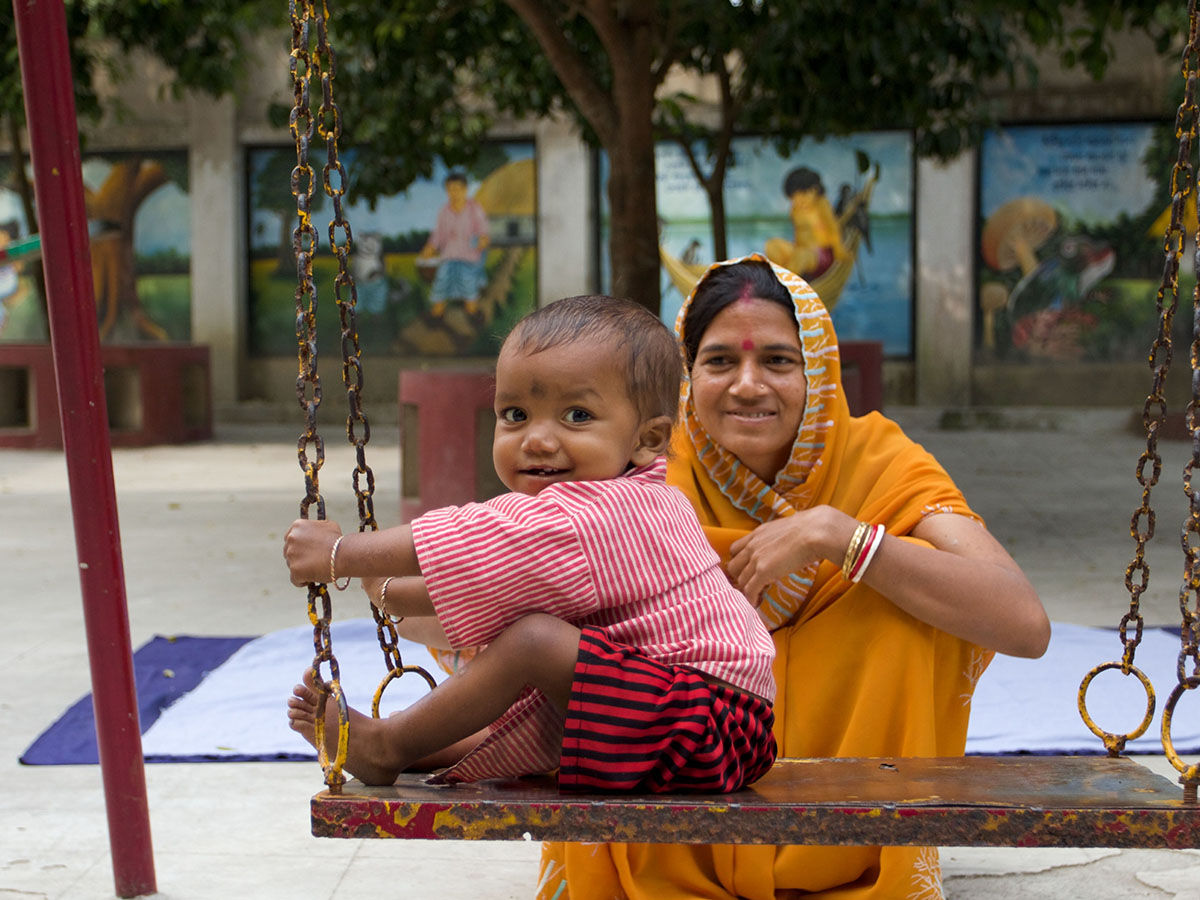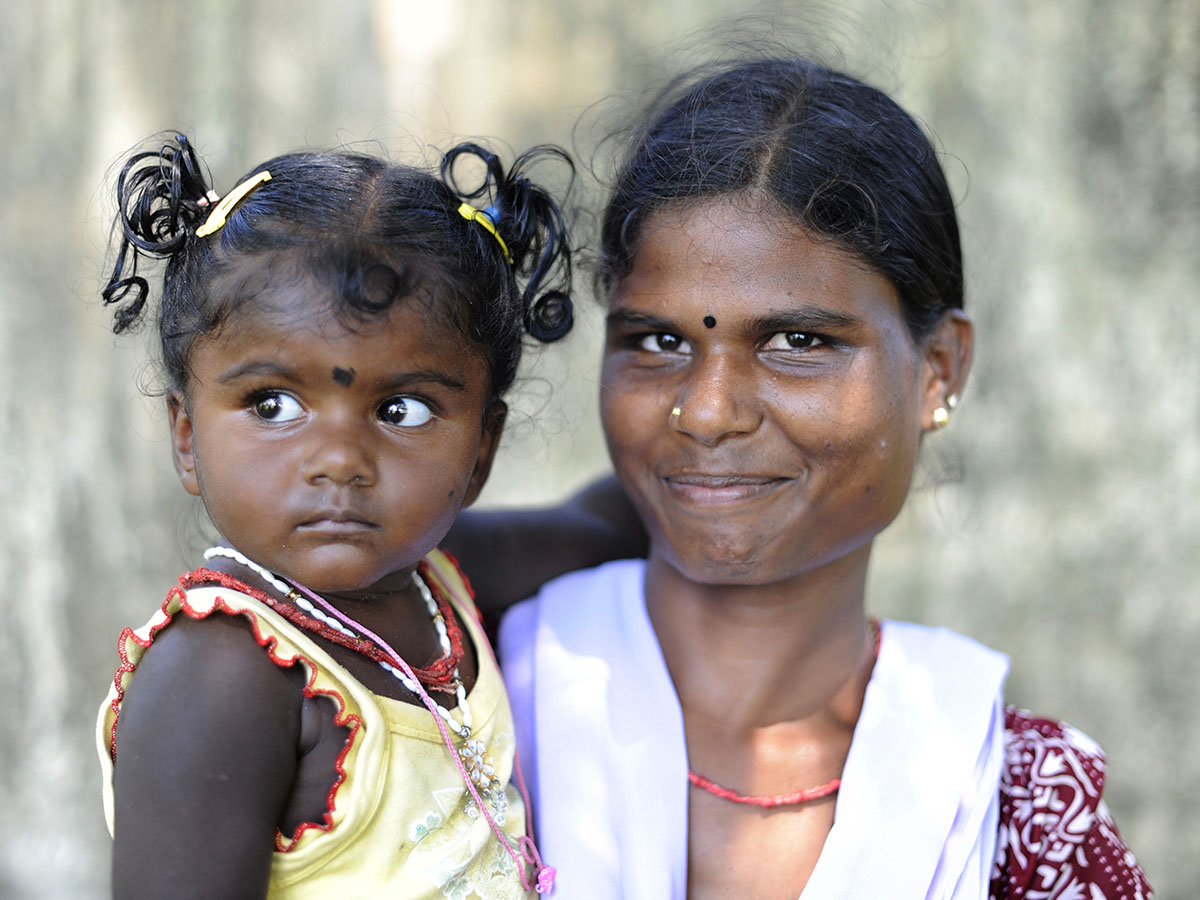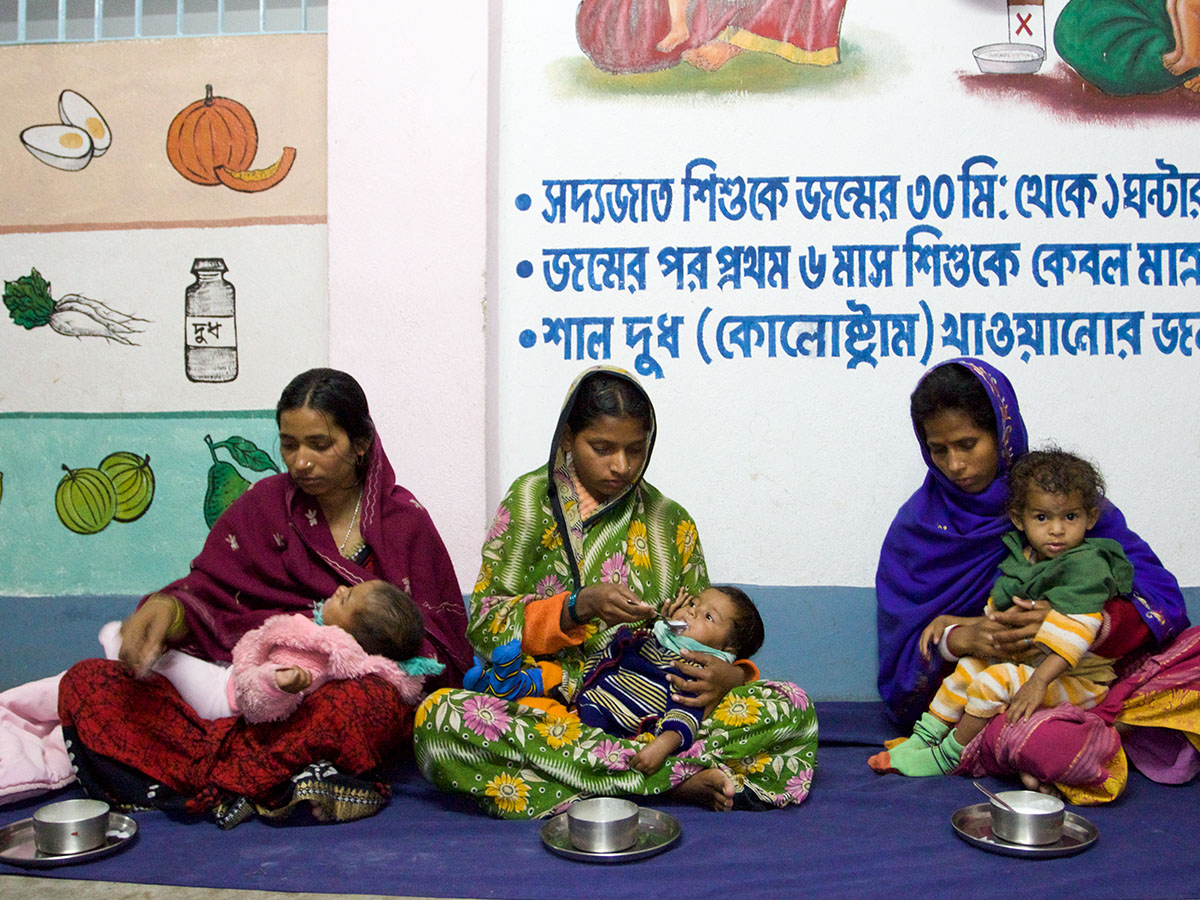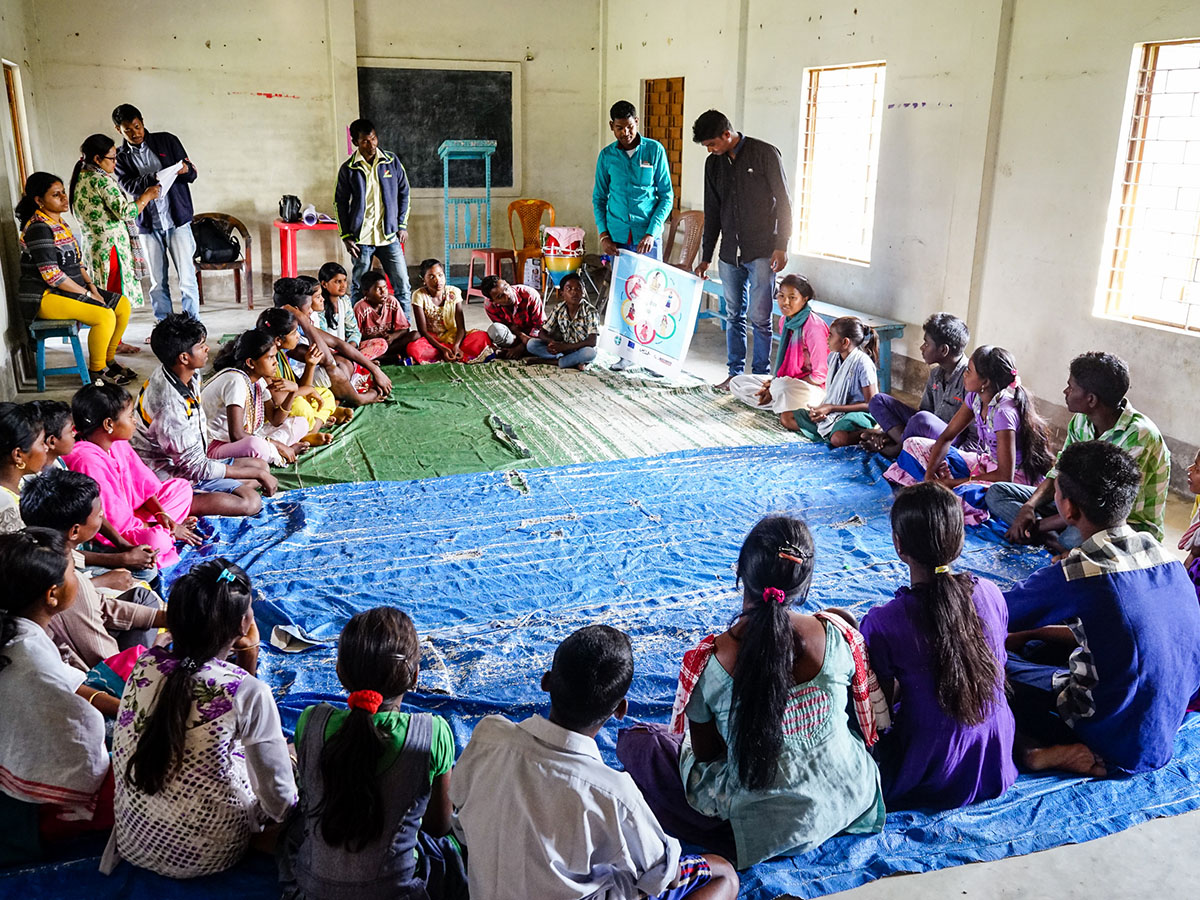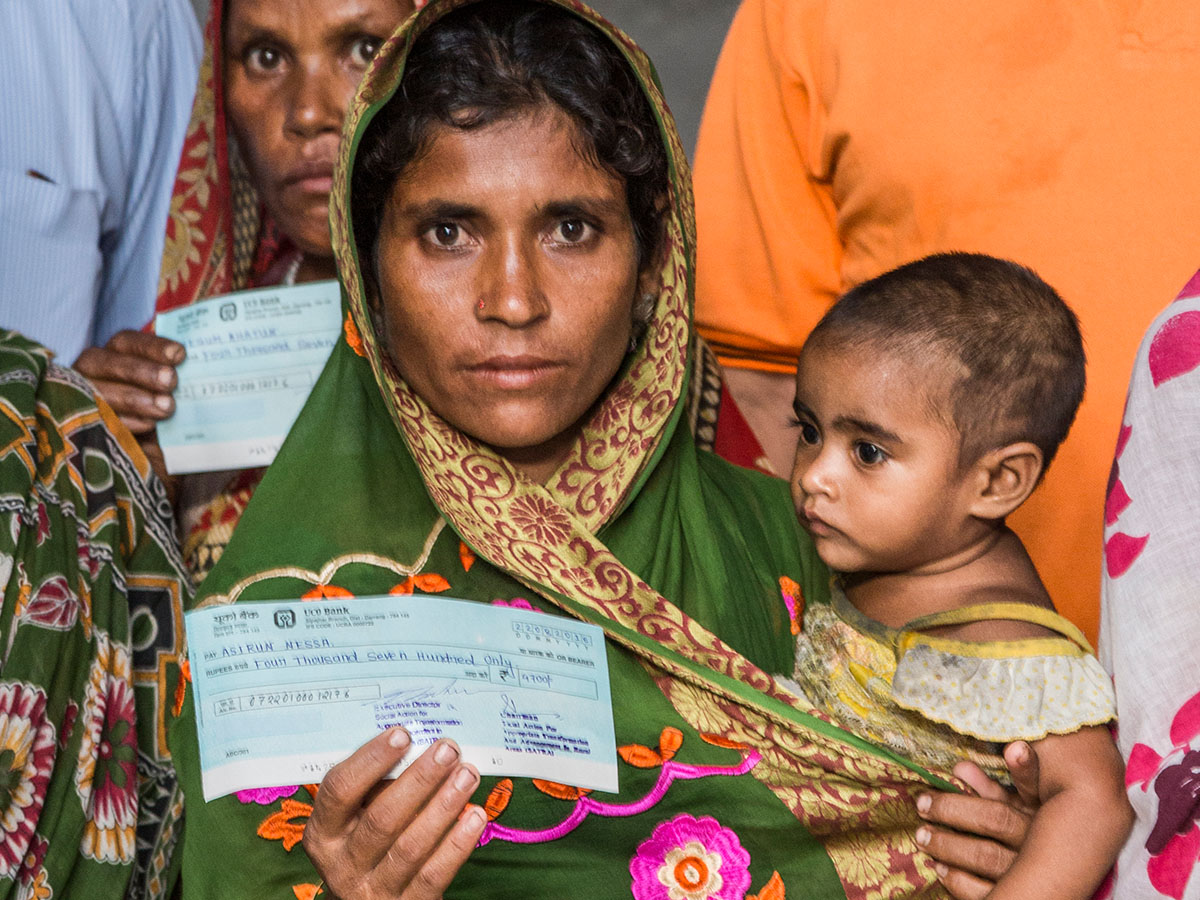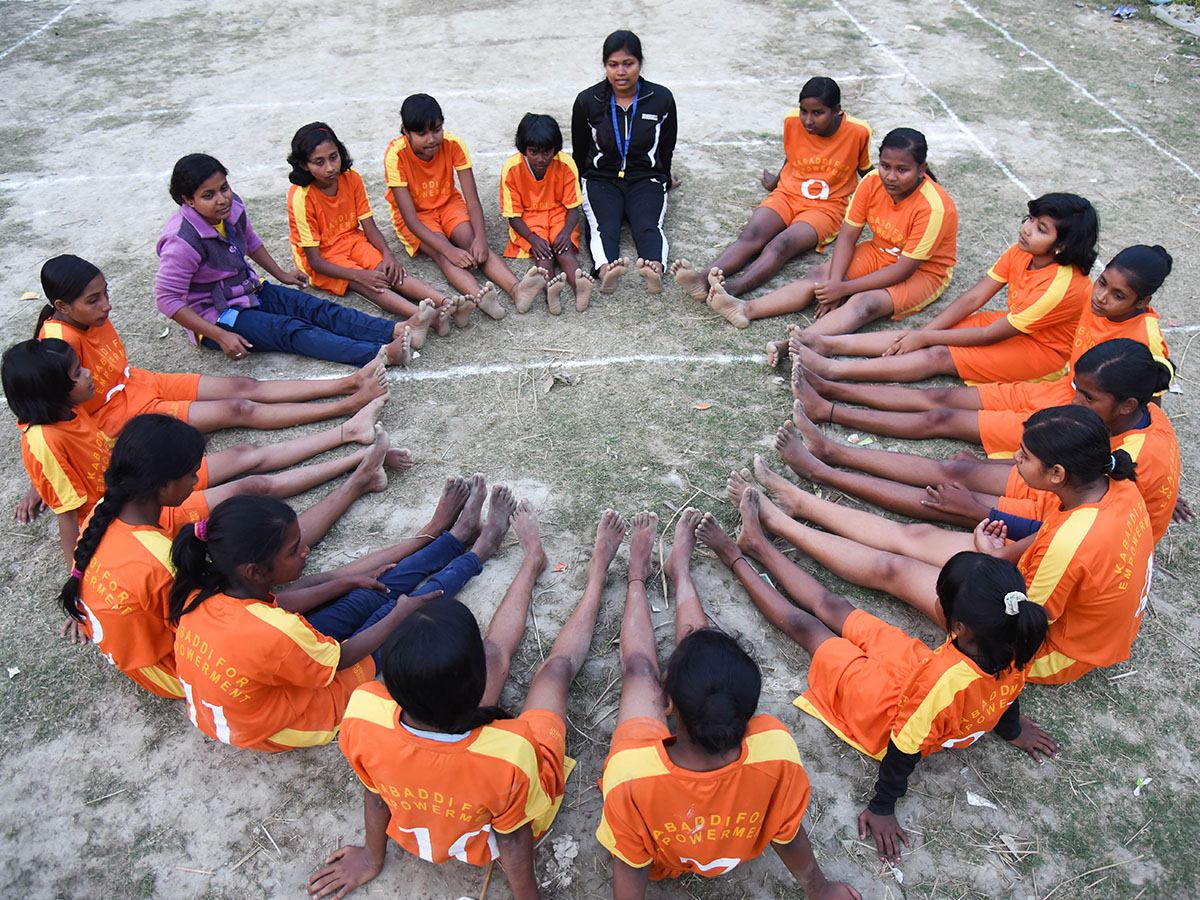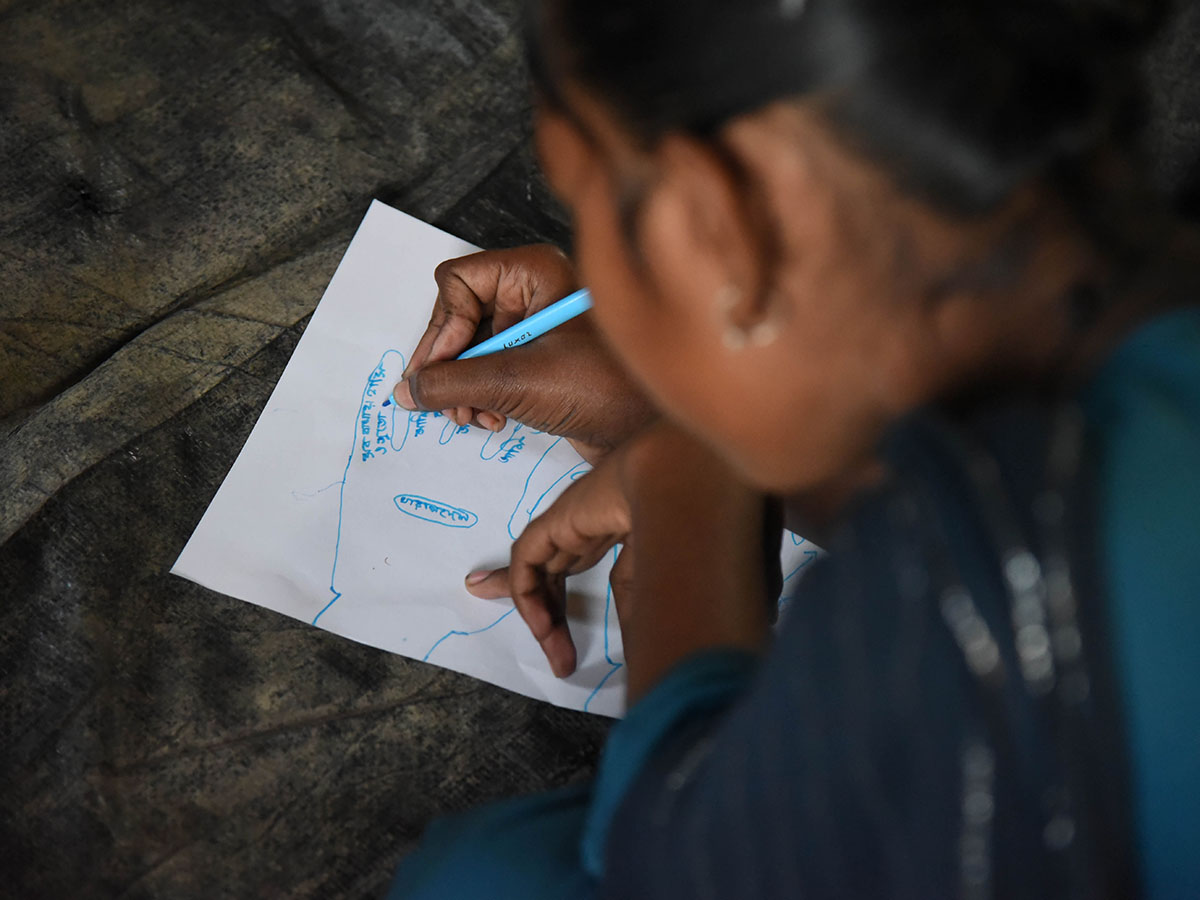WASH FIT
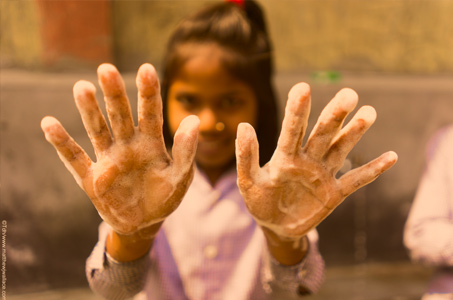
The Water and Sanitation for Health Facility Improvement Tool (WASH FIT) provides a framework for facilities to monitor and improve WASH services where resources are limited. It helps facility managers and staff to ensure their facility is clean, safe for patients and staff and supports the dignity of all users.
The WHO (2015) Operational framework for building climate resilient health systems provides guidance on how the health sector and its operational basis in health systems can systematically and effectively address the challenges presented by climate variability and change. The WASH FIT methodology also considers elements of this framework, including indicators that can be systematically monitored and improved to strengthen adaptation and resilience. WASH FIT is a facility-led risk-based approach which focuses on implementing incremental improvements over time as part of broader efforts to safety and quality of care. When a climate-lens is applied to WASH FIT, risk assessments can identify triggers and provide warning signs to facility management teams to help them to develop mitigation measures for future climate-related events.
eIMNCI
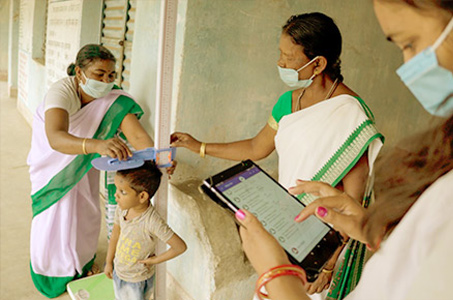
To enhance newborns' and children's access to quality primary healthcare, WHO and UNICEF developed the Integrated Management of Childhood Illness (IMCI) strategy. It aims to boost health worker skills, improve the health system, and promote family and community practices. IMCI focuses on preventing and managing common childhood illnesses, including in newborns, and fostering children's healthy growth.
India adopted IMCI as Integrated Management of Neonatal and Childhood Illness (IMNCI), covering children under 5 across homes, communities, and facilities. Building upon this framework, Terre des hommes (Tdh) developed the Integrated e-Diagnostic Approach (IeDA), leveraging digital tools to promote adherence to the IMNCI protocol.
IeDA contextualized as e-IMNCI, was launched in Jharkhand, India, in August 2020, by Tdh India. The project trained 475 healthcare workers (HCWs) and is used in 305 healthcare facilities (HCFs) in Ranchi district. Tdh tailored IeDA for Auxiliary Nurse Midwives (ANMs), Community Health Officers (CHOs), and Medical Officers (MOs) to align with national IMNCI guidelines.
IeDA comprises three modules: eIMNCI for HCWs to classify and treat children under 5, Supportive Supervision for monitoring HCW performance and healthcare facility operations by Project Management and National Health Mission (NHM) teams, and Help Desk for user support.
